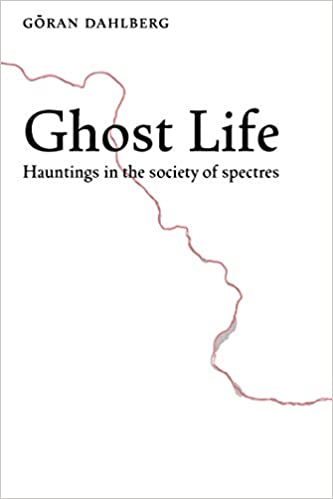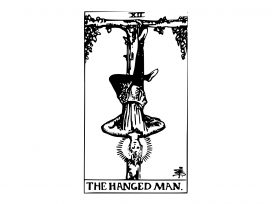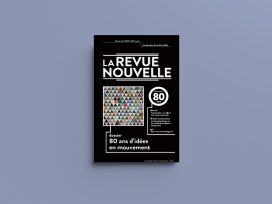Podcast: Glänta’s editorial scope
A conversation with Göran Dahlberg
Translation collaborations, philosophy parties, short videos, journals within journals – just some of the innovative means Glänta uses to reach beyond its base in Gothenburg, Sweden. Join Sarah Waring in peering around the cultural journal’s door with editor Göran Dahlberg in this episode of Gagarin, the Eurozine podcast.
Having recently edited the English translations of three articles from Glänta‘s conceptual toolbox issue, editor Sarah Waring speaks with Göran Dahlberg, editor and member of the Eurozine Board of Trustees, about the cultural journal’s ethos, editorial scope and its past, present and forthcoming content.
Listen to this episode of Gagarin, the Eurozine podcast on Soundcloud.
Subscribe to the podcast and leave a review so that more people can find us. You can also subscribe to our weekly newsletter, so you’ll always know what’s worth thinking about.
Published 17 November 2020
Original in English
First published by Eurozine
Contributed by Glänta © Göran Dahlberg / Eurozine
PDF/PRINTNewsletter
Subscribe to know what’s worth thinking about.
Related Articles
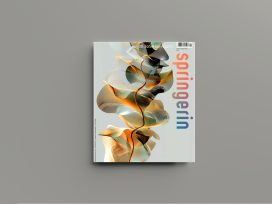
Reflexive self-ethnography
springerin 1/2025
springerin looks back on 30 years of art and cultural criticism: including Boris Buden on the benevolent westernizer; Yvonne Volkart on altered artistic landscapes; Süreyyya Evren on spaces of conflict; and Hans-Christian Dany on illusions of subjectivity.
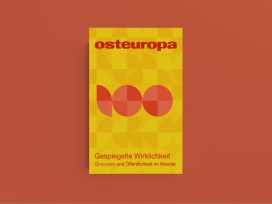
In the spirit of the times and against the grain
Osteuropa 1–3/2025
Osteuropa at 100: Manfred Sapper on the history of the journal from Weimar to the present; Gerd Koenen on a century of German–Russian projections; Katharina Raabe on eastern European literature in translation; Dorothea Redepenning on the bilateral politics of classical.
